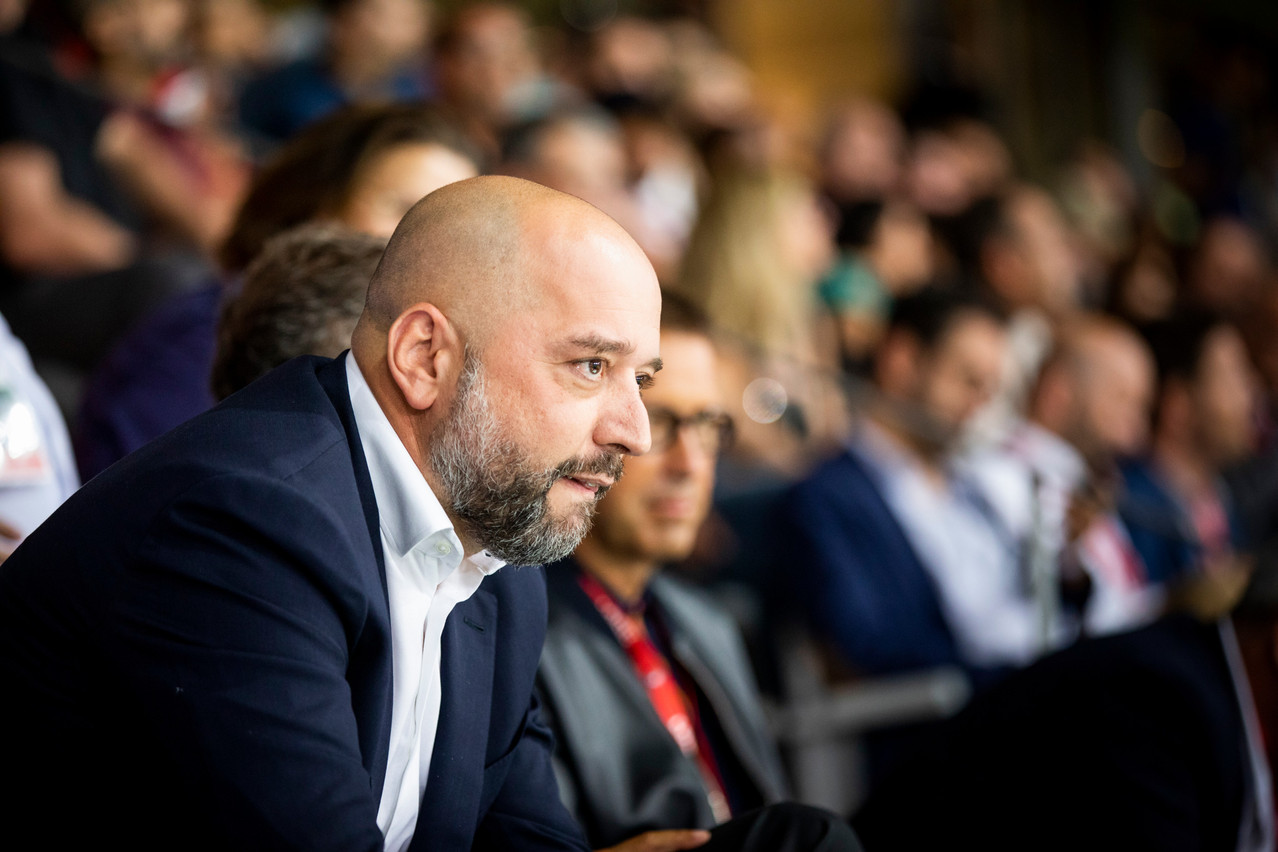Lopez founded Mangrove Capital Partners with Mark Tluszcz and Hans-Jürgen Schmitz in the mid-2000s, resulting in one of the first "hits" of the modern tech world, the $2m launch and subsequent €3.5bn sale of Skype to eBay. Lopez met Gregory Fishman who was was already working on the development (which would take seven years and tens of millions of dollars) of trading algorithms, eventually brought together under the banner of Quantum Brains Capital Fund in 2012, in Bermuda, with Arsen Yakovlev.
On 10 June, Lopez announced the launch of a conglomerate, the Lydian Group, of which he is the CEO alongside Fishman, "his business partner", according to the terms of the press release sent exclusively to Tech.eu. This conglomerate, which seems to have two feet in Luxembourg since 18 March, brings together "ten companies under its umbrella, collectively with over 35 million users, over 500 institutional clients, 800 employees and a monthly transaction volume of over $20 billion".
Mark Tluszcz, CEO of Mangrove Capital Partners and chairman of Wix, and Andrea Rossi, former AXA Group executive committee member and CEO of AXA IM, a $900 bn global multi-asset manager, will join the board. Other members and executives will be announced in the coming weeks.
An iPhone moment ahead
"As the widespread adoption of crypto and Web3 continues to grow, and the digital and physical worlds continue to blur, we wanted to launch a conglomerate of companies that represent the entire digital asset value chain. We wanted to lay a solid foundation for an economy that has the potential to be the largest the world has ever seen," explains Lopez in the release. "The recent turmoil in the industry has actually benefited a group like ours, as we have always had a well-founded long-term strategy for difficult conditions--unlike many other companies. I think the current market has laid a stronger foundation for key players in the industry and has made us more optimistic than ever."
For its CIO, this "centralised virtual economy will one day have its 'iPhone moment'".
From Cointelegraph to TradeSanta
The group's spokesperson tells Delano’s sister publication Paperjam that Lydian Group owns 40% to 100% of the shares in each of these companies, which are rather active in the field of cryptos and web 3.0--the decentralised web. They include:
- , a crypto and blockchain news site, which has 15-20m visitors per month and accounts for "44% of the sector's market share" according to the release. Born in London, it is headquartered in New York, run by Jay Cassano and has a presence in ten languages;
- , a US-based cryptocurrency exchange founded in 2019--at least under US licenses--and has offices in the US, Bermuda and India. In April, its CEO, Kapil Rathi, announced the launch of perpetual futures trading, which is now available on its Bermuda digital exchange;
- , a mobile wallet project born in the Netherlands and a one-stop shop for storing loyalty cards, payments and managing household finances, in both currency and crypto. For the latter, users can buy, sell, convert and store digital currencies securely on the app;
- , a leading provider of cryptocurrency market data, founded in 2017;
- , an automated trading platform designed to make automated crypto trading accessible to all, allowing traders of all experience levels to make profits in the ever-changing crypto market, but only on certain exchanges. More than 125,000 people are signed up, with the company trading more than $400m a month;
- SEAM, a solution that uses a QR code to generate a digital version of any item purchased in the real world. This is one of the problems that professionals in the luxury industry are trying to solve, for the moment with NFTs;
- , a London-based digital asset exchange and prime broker, which lowers the barrier to entry for institutional and professional traders. The company has nearly $500 million in global assets, according to the press release.
This story was first published in French on . It has been translated and edited for Delano.
